Fasting diets have become increasingly popular over the last several years, with the promise of weight loss and performance benefits. They have especially gained traction among dieters and bodybuilders looking to lose weight, with an increasing number of endurance athletes practicing it to increase fat oxidation capacity in their muscles. However, there are varying schools of thoughts and opinions on the matter: while some may swear by fasting, others call it a waste of time and energy. If you ever thought about how this diet could possibly help or harm your performance, keep reading to learn more!
What is fasting?
Fasting is defined as the abstinence from consuming food and beverages for different periods of time. There are several variations of fasting, the most common type being the 16/8. This is when you consume all of your calories within an 8-hour feeding window and fast the other 16 hours. Other types of fasting include the 5:2, where you eat normally for 5 days and restrict energy intake for 2 days to 600-800 calories, and when you consume nothing for 1-2 days at a time. The key to fasting isn’t so much about eating less rather than eating within a specific time window. However, those practicing intermittent fasting usually tend to be in a caloric deficit due to lesser frequency of meals.
What does fasting do on a physiological basis? Several hours after eating, our insulin levels decrease which allows our fat cells to release their energy stores to use as fuel. When we fast for 10-14 hours or more, ourliver glycogen stores are depleted so we rely on our adipose tissue for energy. The central idea of fasting is to allow our insulin levels to go down far and long enough that we burnfat instead of glucose.

Effects of fasting in the general population
There have been animal studies done that indicate promising benefits of fasting in the general population. Fasting has been shown to lead to weight loss and better blood pressure, cholesterol levels, and blood sugars. Hence, fasting has been shown to reduce the risks of obesity and other metabolic disorders due to its effects on metabolism and hormones such as insulin. Furthermore, studies show that fasting is safe in humans and can be effective if done correctly.
So for weight loss, fasting can definitely be useful for those who have trouble overeating to regulate their calories throughout the day by having a more regimented eating schedule. But what about for endurance athletes? Can fasting provide any benefits in performance? Let us walk you through some pros and cons!
Pros
Perhaps the biggest argument for fasting is that it increases an athlete's fat oxidation capacity, supposedly leading to more efficient fat burning, prolonged energy, and an overall improved performance. Because our glycogen stores are limited, fasted training forces the body to utilizefat as energy. Overtime, your body learns to adapt to burning fat rather than glycogen, providing sustainable energy during longer workouts since adipose tissue provides many more calories of energy than glycogen does. This results in a lesser chance of “bonking” during a workout, which occurs when your carbohydrate stores run out. Essentially, fasting can help your body become better at metabolizing fat rather than relying on carbohydrates.

Cons
Although the pros sound promising, further investigation is needed to analyze the effects of fasting on endurance athletic performance. There isconflicting data regarding the effects of fasting on glucose metabolism and physical performance in trained athletes. While some studies report decreased performance while fasted, others find no significant effects at all. Even though fasting may allow for an increased ability of the muscles to use fat as fuel during exercise, it is unclear if this effect translates to better performance. There is evidence showing that relying on fat as fuel actually fails to enhance performance in long endurance races and athletes may find it difficult to continue performance at high intensities. Furthermore, subjects usually show increased levels of perceived fatigue even if performance was not compromised. Another concern is that fasting oftentimes results in decreased caloric intake, which affectsnumerous aspects of health and performance.
As of now, there is little evidence to support the idea of endurance training and fasting-mediated increases in fat oxidation. It is generally recommended that endurance athletes should avoid high intensity training while fasting.
In conclusion...
For all athletes, it is crucial to consume a sufficient amount of energy and nutrients to support performance. Inadequate energy intake can result in fatigue, weakness, and overall decreased performance. Because endurance athletes have greaternutrition requirements than the average population, fasting may be an impractical approach. However, from a weight loss perspective, fasting appears to have beneficial effects due to the body’s ability to adapt to fat oxidation and the energy deficit created from eating less meals per day.
There are still studies that need to be done to improve our understanding of the effects of fasting in endurance athletes. From the data available as of now, it doesn’t seem to make much difference which type of diet you follow as long as it works for you and is sustainable in the long run. So feel free to experiment with different types of diet, see if it agrees with your body, and remember that the best diet is the one that you can stick to!
If you decide to ditch fasting, check out our favorite ways to fuel up here!


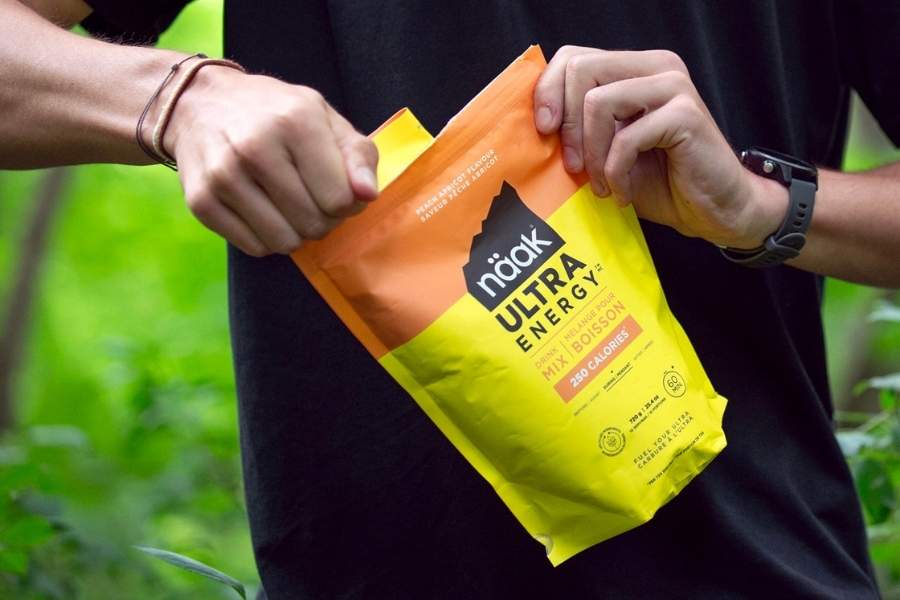










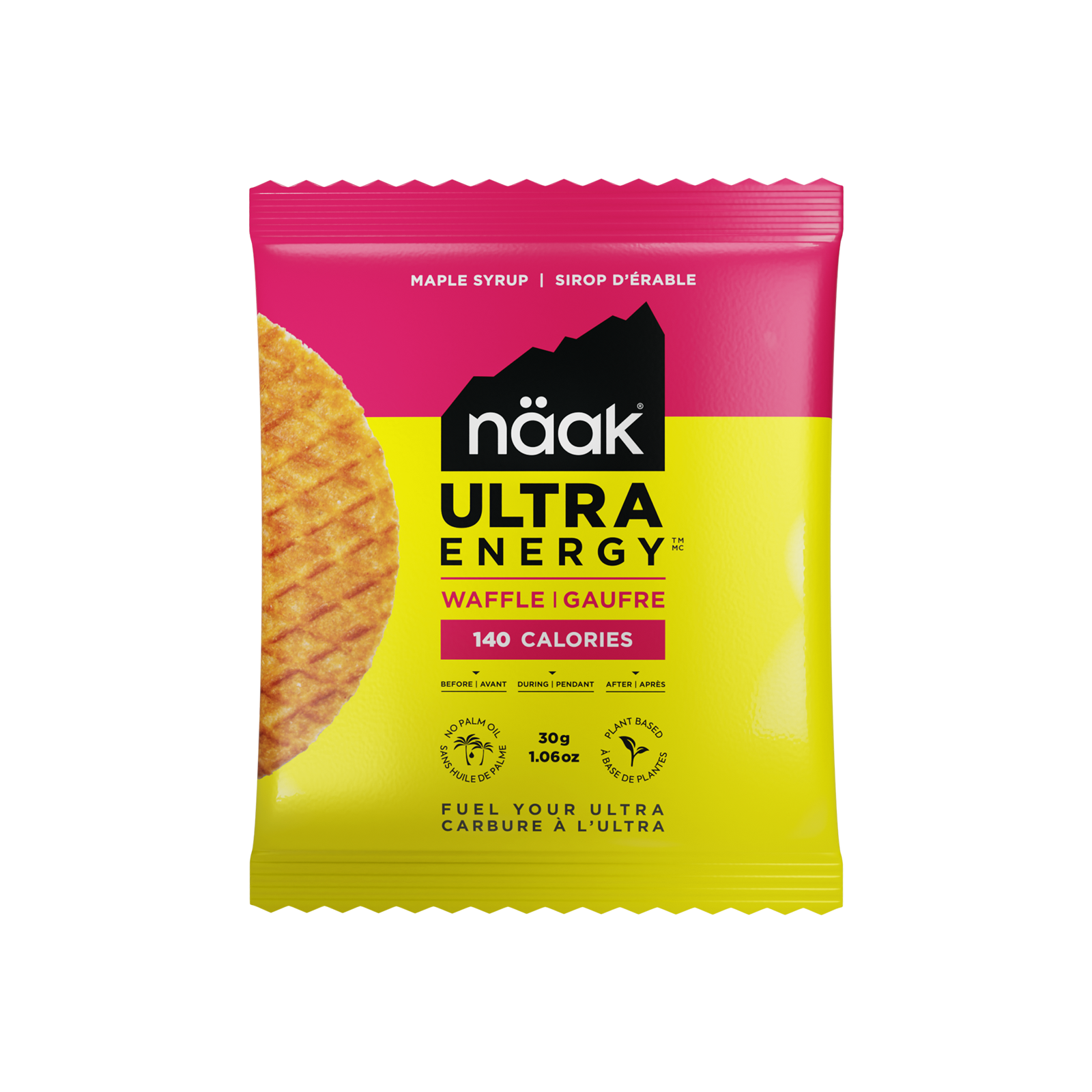

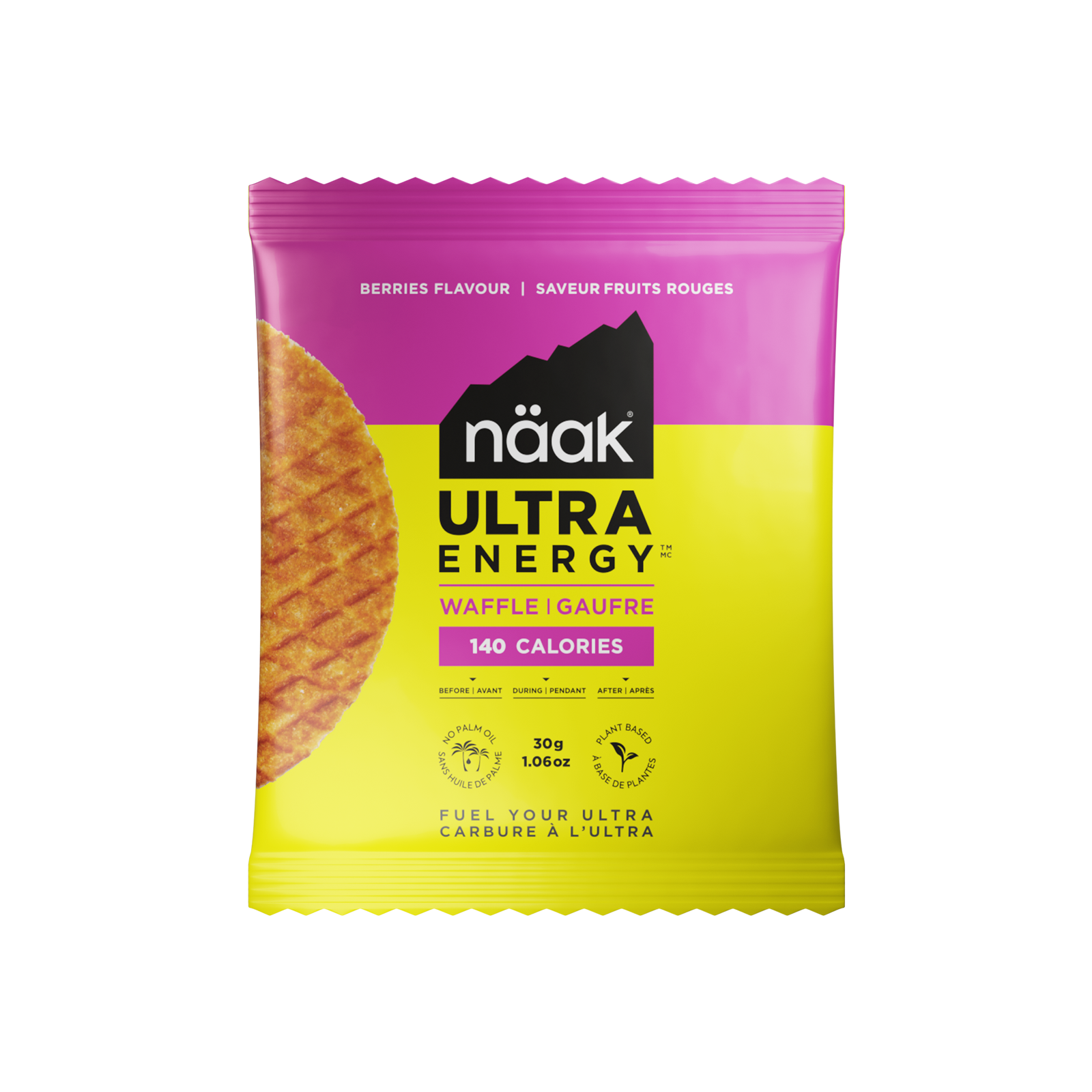






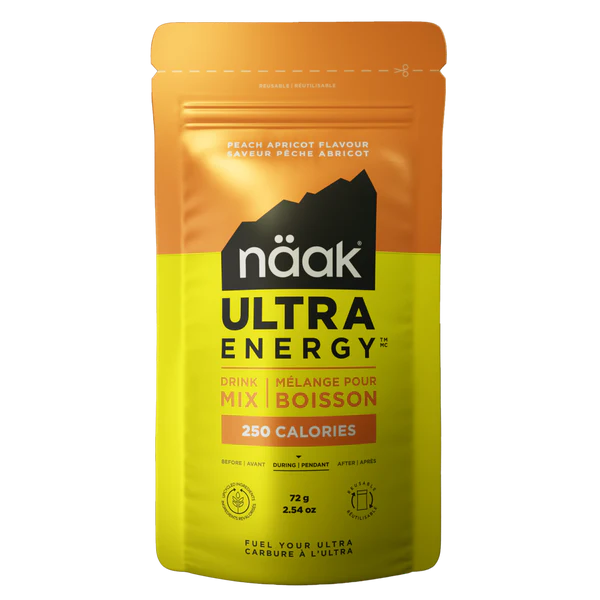
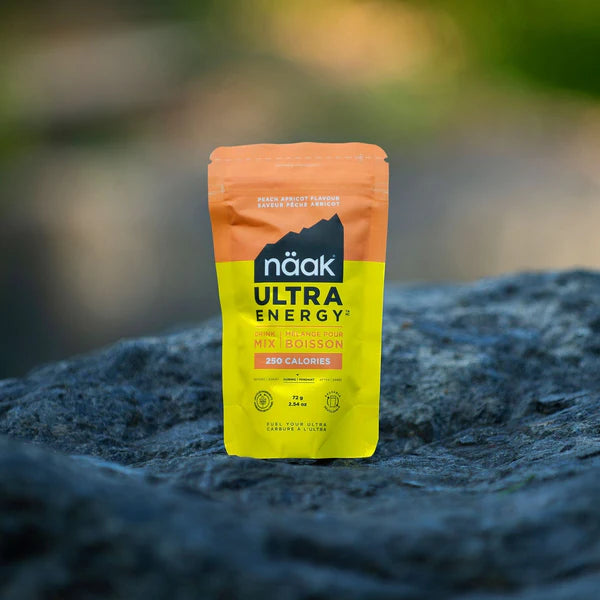


Leave a comment (all fields required)